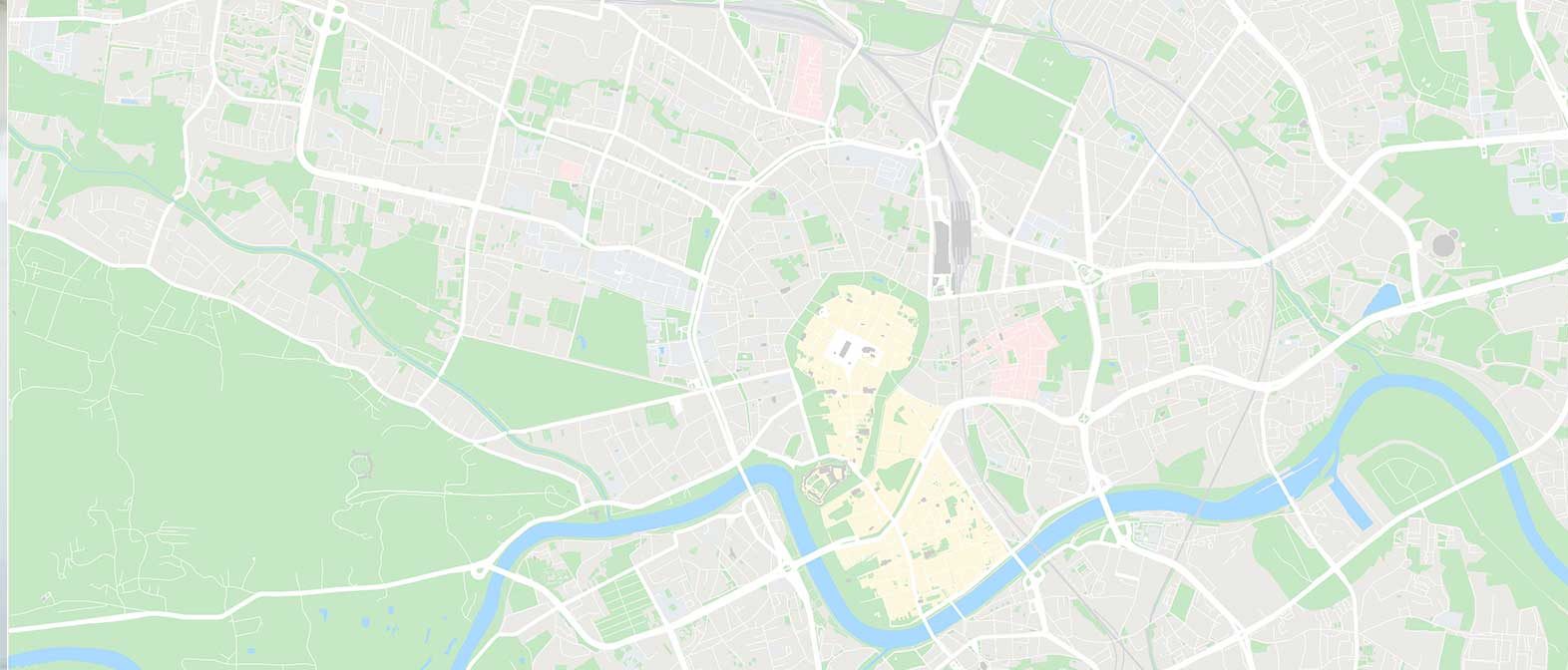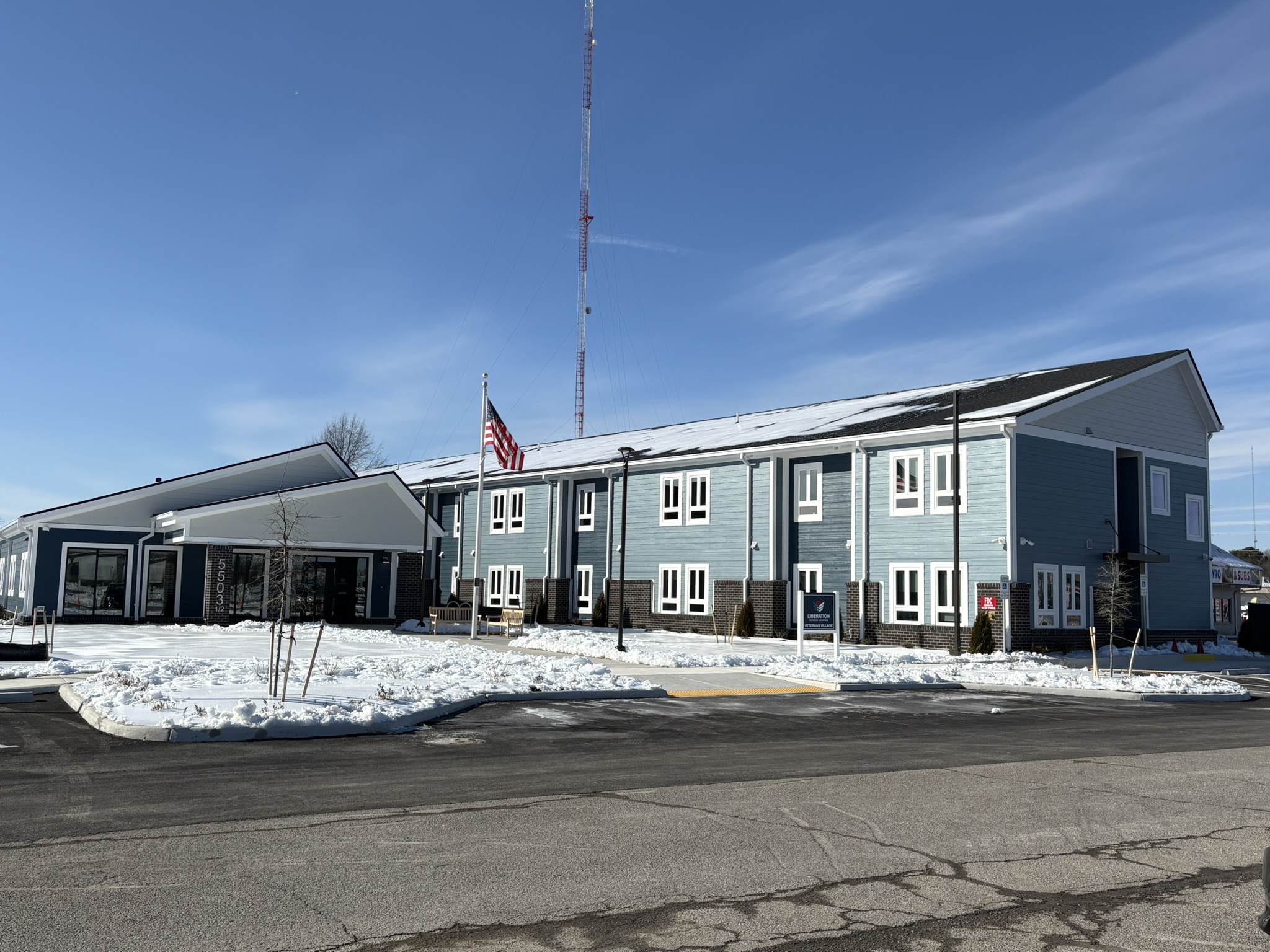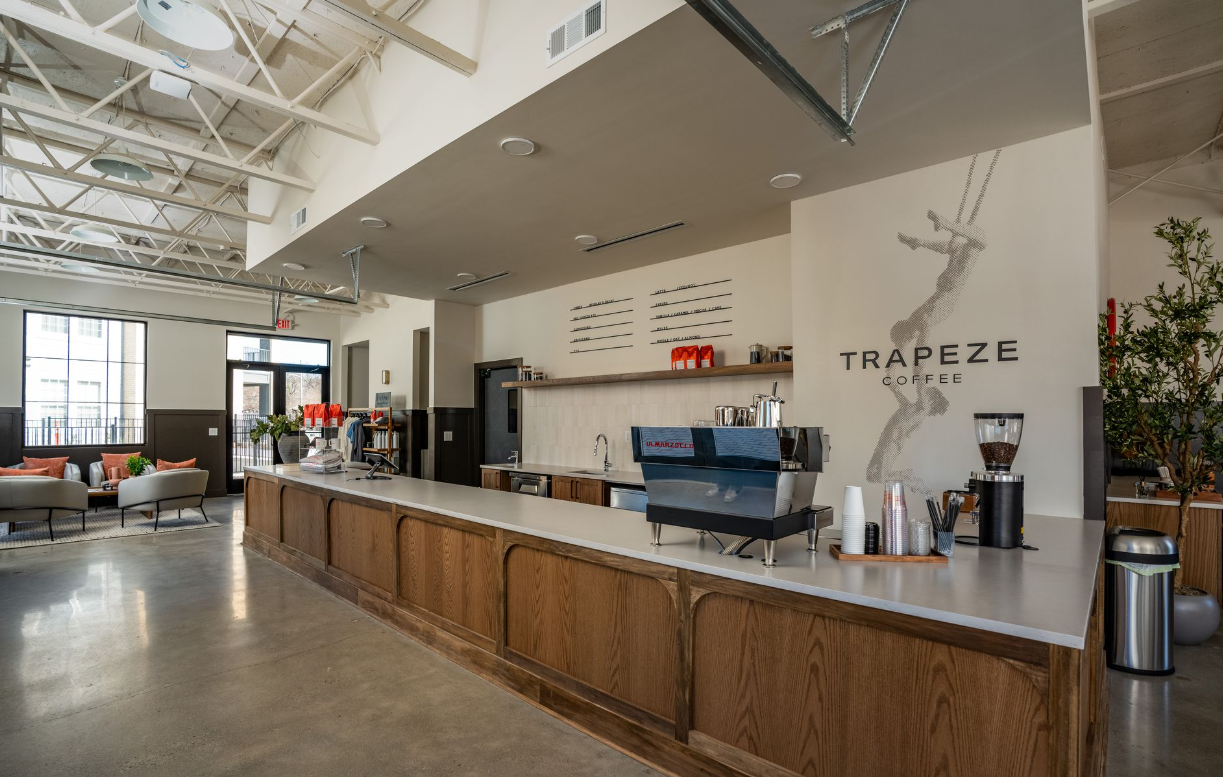Norfolk is placing a major bet on its downtown riverfront—and the cards are already on the table. The HeadWaters Resort & Casino, a $500 million development rising beside Harbor Park, promises not just new jobs and revenue, but a transformation of one of the city’s most underutilized public spaces.
Backed by the Pamunkey Indian Tribe and supported by Norfolk voters in 2020, the project marks a bold shift in the city’s development strategy: one that combines private investment, tourism, and entertainment to fuel long-term economic growth. But it’s more than just a casino—it’s a new chapter in how Norfolk builds its downtown identity.
A Strategic Site Years in the Making
The location isn’t random—it’s deliberate. The casino is being built next to Harbor Park, Norfolk’s minor league baseball stadium, on land that has long served as little more than surface parking and city-owned real estate. Despite its prime location—on the river, adjacent to downtown, and connected to transit—the site had sat underdeveloped for decades.
Now, it’s being reimagined as a year-round destination.
The development will include:
- A 300-room hotel with spa and river views
- A full-scale casino with 3,000 slot machines and over 150 table games
- A 2,500-seat live entertainment venue
- Multiple restaurants, bars, and riverwalk cafés
- A public promenade connecting to the Elizabeth River Trail and Waterside
The goal: turn what was once a single-purpose zone into a multi-use destination that works for residents, tourists, eventgoers, and business travelers alike.
Part of a Bigger Development Play
For Norfolk, this isn’t just about gaming. It’s part of a broader strategy to:
- Increase year-round tourism beyond the summer season
- Activate the waterfront with public amenities and foot traffic
- Draw outside investment into downtown
- Create recurring revenue streams not tied to property taxes
Officials have long seen the stretch between Downtown, Harbor Park, and Waterside as a missing link—physically close but economically disconnected. HeadWaters is designed to bridge that gap, creating walkability, visibility, and economic activity between these districts.
The project is also designed to work with—rather than replace—Harbor Park. Game days, concerts, and casino traffic are expected to support one another, boosting food and beverage sales and bringing more activity to the area on nights and weekends.
Economic Impact: Long-Term Value
From a financial perspective, HeadWaters offers Norfolk a rare combination: major private investment with no city tax subsidies, and an ongoing revenue stream for public use.
The city expects:
- Over 2,000 permanent jobs, from hotel staff to dealers and event managers
- 3,500+ temporary jobs during construction
- $20–30 million in annual revenue through a combination of gaming taxes, lease payments, and local business activity
- More than 3 million visitors per year, many of them from outside the immediate region
By law, a portion of casino revenue will go directly into the city’s general fund, helping support schools, infrastructure, and public services. City officials have emphasized that the site—once used primarily for parking—will now be a consistent contributor to Norfolk’s budget.
Why It’s Not Without Risk
As with any large-scale development, especially one involving gaming, there are risks. Concerns raised by critics and community leaders include:
- Gambling addiction and financial strain, particularly for lower-income residents
- Increased policing and traffic, especially on game days or event nights
- Economic cannibalization, where casino spending reduces visits to other local venues
City leaders say mitigation is part of the plan. HeadWaters will fund problem gambling services, and public reporting on tax revenue and impact will be required. The Virginia Lottery will also regulate casino operations, as it does across the state.
The Road Ahead
Construction is now underway, with a temporary gaming facility to open in late 2025 and a finished permanent casino in 2027. Until then, the city is preparing surrounding infrastructure improvements, reviewing workforce development partnerships, and working with neighborhood leaders to ensure that long-term benefits are widely felt.
Norfolk’s downtown waterfront has seen waves of change—from shipyards to stadiums to entertainment. Now, with HeadWaters, it’s entering a new phase: one that seeks to bring people, money, and momentum back to the center of the city.
By: Evan Pugh & Thomas McCoy, MAI




